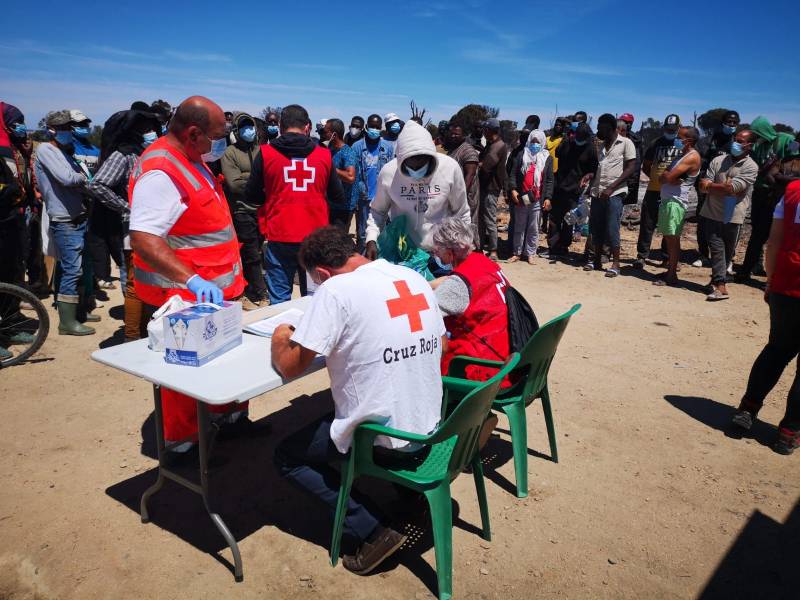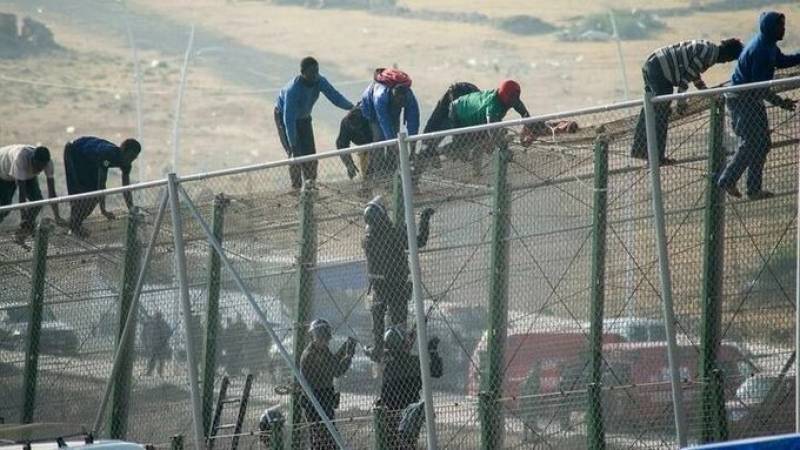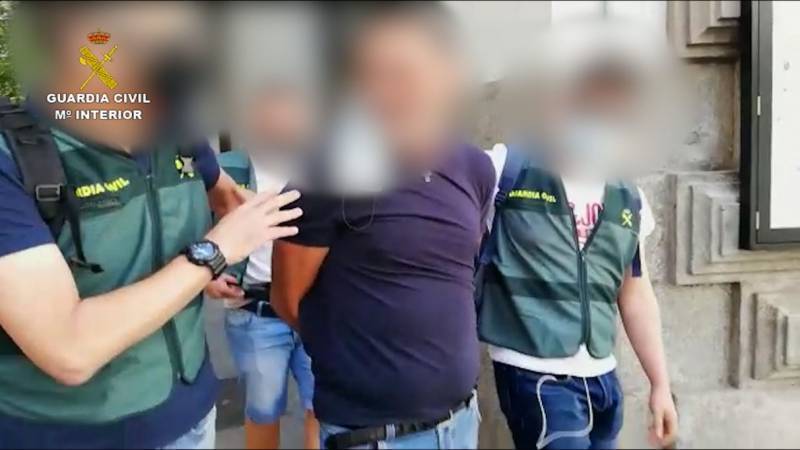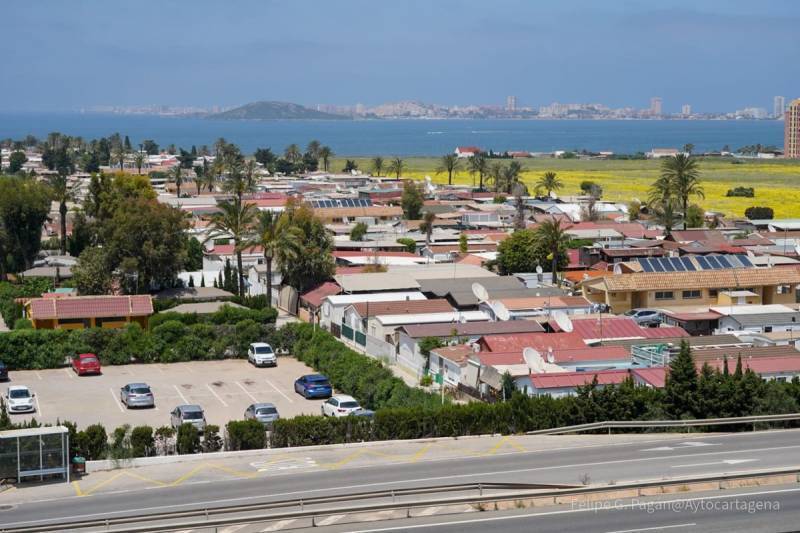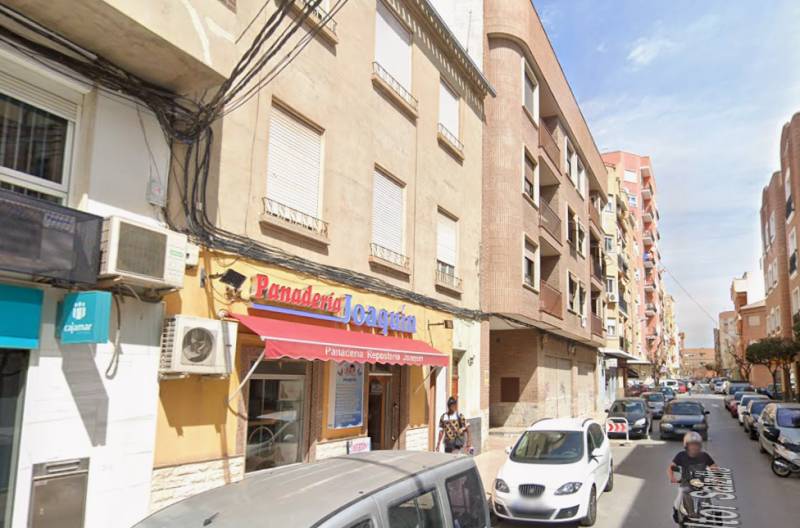Migrant refugee crossings in small boats to Spain: A humanitarian crisis that costs thousands of lives a year
The sad truth about the African migrants who risk their lives to make the perilous sea crossing into Spain
Spain is a country that receives a lot of illegal migrants. Being located so close to Morocco – the gateway to Africa – the south coasts of mainland Spain, its island archipelagos the Balearic Islands and the Canary Islands, and its exclaves of Melilla and Ceuta, all have a long history of migrants try to enter the country without the proper documents.
These are Spain’s boat people, who flee war-torn and poverty-stricken countries all across Africa to come to Europe. Although they mainly come through Morocco, and there are many Moroccan migrants, a large proportion have also made long and costly journeys across the African continent, from countries like Syria, Senegal, Ghana and Nigeria, to make the crossing into Spain. From there, they either settle in Spain or continue on to France, Germany and the UK.
Many of these people pay criminal gangs to ferry them over the Strait of Gibraltar and other points in the Mediterranean Sea where the distance between the two continents is sufficiently short to be able to make the journey on little boats and precarious motorised dinghies, called ‘pateras’ in Spanish.
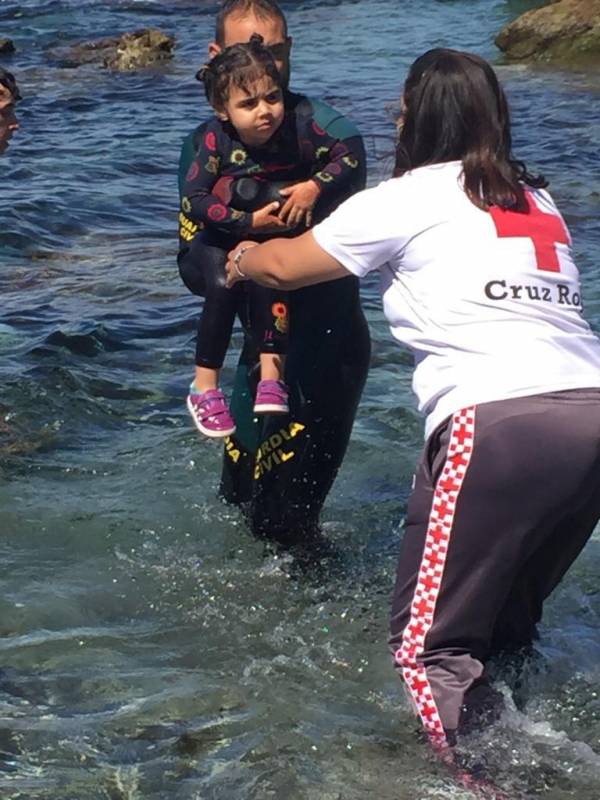
Even if it’s just a few miles of water separating the southern Spanish coast and northern Africa, the journey is a dangerous one across the open sea. Adverse weather conditions often make the water too choppy for the tiny, rickety boats to deal with, and this isn’t helped by the fact that the gangs choose to make the journey at night to avoid detection by police and border patrol guards.
Then there are those boat captains who, when located trying to cross illegally by Spanish maritime police, have been known to try and perform dangerous getaway manoeuvres, putting the lives of the crew and passengers at risk and sometimes even ending up shipwrecked.
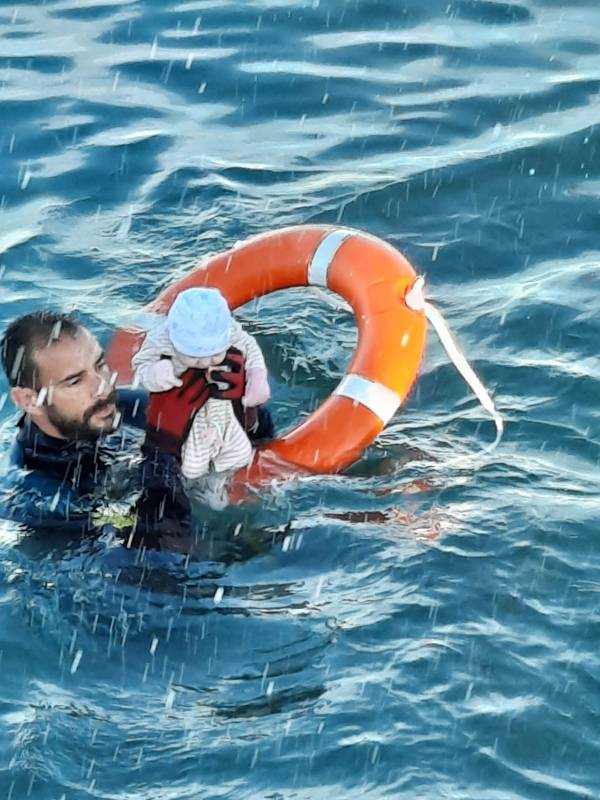
Every year dead bodies are found floating in the water and washed up on beaches from refugees who didn’t make it. While the majority of the migrants are adult men, it is not uncommon for young children and pregnant women to try to make the perilous crossing. It is estimated that over 4,000 people die every year trying to make this crossing.
Those who do manage to make land are sometimes detected by Spanish authorities and transported to immigration centres for 72 hours. Because they have committed no crime other than being undocumented, they are released after three days and offered the chance to be taken in by a non-governmental organisation (NGO) such as the Red Cross. Sometimes there are so many arrivals that they cannot all be held by official immigration centres and the people have to stay in makeshift migrant camps, where conditions can be crowded and unsanitary.
When the arrivals are detected, police also try to capture the boat captains and arrest them as their crimes are more serious and carry lengthy prison sentences. Other times the arrivals just slip in to the country undetected and assimilate into Europe’s undergound, undocumented population, which is exactly what the migration mafias are trying to achieve.
Even those who are found and offered help are not obliged to join any of the NGO programmes and the Spanish government doesn’t actually keep tabs on how many people choose to accept help. There is a severe lack of oversight of the people who choose not to go into holding centres, and the truth is we just don’t know how many illegal migrants remain in Spain and how many travel onwards to France, or what happens to the rest.
No one is denying that these refugees are fleeing terrible and unimaginable situations in their home countries, and that you’d have to be crazy to undertake such a difficult and dangerous journey without good reason, especially if you’re travelling with children or while pregnant. They sometimes pay their entire life savings to the human trafficking gangs, but have a good reason for wanting to live in Europe as the quality of life is perceived as better for them and their children, and it would be immoral to send them back to potentially life-threatening circumstances in the countries they came from.
Nonetheless, those people who make an effort to come to Spain legally, paying for passports and legitimate travel documents, often resent the migrants who enter illegally, without papers. It is also the case that these migrants are racially discriminated against, as their pleas for refugee status and to become documented have long been ignored in many cases, while white refugees fleeing Ukraine were welcomed and given papers to reside legally in Spain within a matter of weeks.
If the only punishment for crossing illegally is three days in confinement, and then these undocumented people are allowed free into Spanish society to go where they please and do what they want without being registered like everyone else, there’s no knowing how many people there are and what level of help they need.
They can’t get legitimate jobs without a
NIE (Foreigner’s Identification Number) and so technically become criminals. They can’t pay taxes and don’t have access to healthcare on the Seguridad Social, and they are forced to live in precarious housing situations. It seems like gross negligence on the part of the Spanish government not to register more closely the migrants who come into the country, to hold them for longer and offer real, lasting help, because as things stand the failure to help those seeking refuge from persecution is developing into a humanitarian disaster, turning them into impoverished criminals instead.
article_detail

|
Read more articles about Illegal Migration





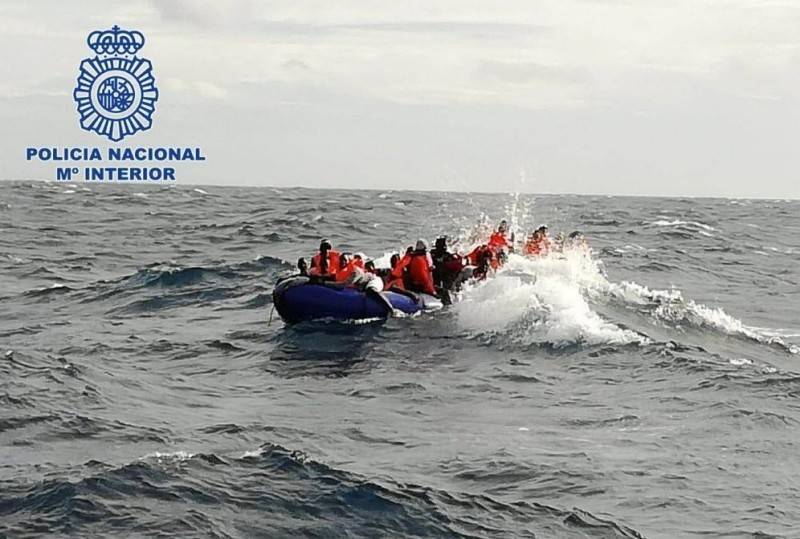
 Even if it’s just a few miles of water separating the southern Spanish coast and northern Africa, the journey is a dangerous one across the open sea. Adverse weather conditions often make the water too choppy for the tiny, rickety boats to deal with, and this isn’t helped by the fact that the gangs choose to make the journey at night to avoid detection by police and border patrol guards.
Even if it’s just a few miles of water separating the southern Spanish coast and northern Africa, the journey is a dangerous one across the open sea. Adverse weather conditions often make the water too choppy for the tiny, rickety boats to deal with, and this isn’t helped by the fact that the gangs choose to make the journey at night to avoid detection by police and border patrol guards. Every year dead bodies are found floating in the water and washed up on beaches from refugees who didn’t make it. While the majority of the migrants are adult men, it is not uncommon for young children and pregnant women to try to make the perilous crossing. It is estimated that over 4,000 people die every year trying to make this crossing.
Every year dead bodies are found floating in the water and washed up on beaches from refugees who didn’t make it. While the majority of the migrants are adult men, it is not uncommon for young children and pregnant women to try to make the perilous crossing. It is estimated that over 4,000 people die every year trying to make this crossing.